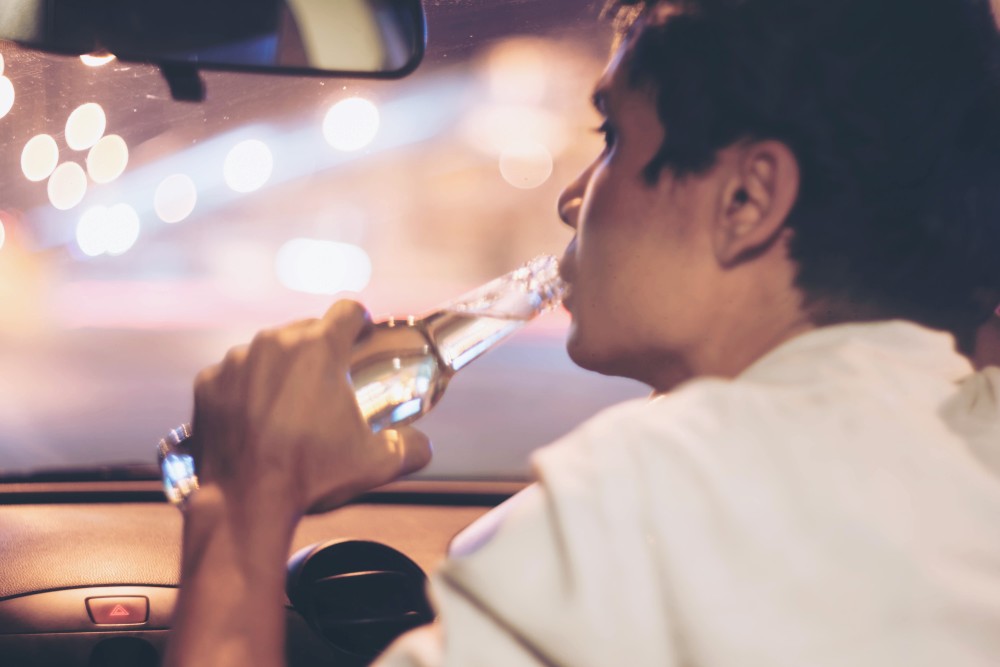Driving under the influence (DUI) remains a significant concern in California, leading law enforcement agencies to conduct sobriety checkpoints as a preventive measure. These checkpoints help identify impaired drivers and deter reckless behavior, ultimately improving road safety. However, DUI checkpoints must follow specific legal guidelines, and drivers have rights when passing through them. This guide explains California’s DUI checkpoint laws, operational procedures, and what drivers need to know.
1. Are DUI Checkpoints Legal in California?
Yes, DUI checkpoints are legal in California. The California Supreme Court upheld the legality of sobriety checkpoints in Ingersoll v. Palmer (1987), provided they follow specific guidelines. Additionally, the U.S. Supreme Court ruled in Michigan Dept. of State Police v. Sitz (1990) that DUI checkpoints do not violate Fourth Amendment protections against unreasonable searches and seizures.
While checkpoints are randomized stops, they must adhere to strict legal requirements to be considered constitutional.
2. Legal Guidelines for DUI Checkpoints
To ensure fairness and legality, DUI checkpoints in California must comply with the following guidelines:
- Supervisory Control: The decision to set up a checkpoint must be made by high-ranking law enforcement personnel, not field officers.
- Neutral Selection of Vehicles: Vehicles must be stopped based on a predetermined formula (e.g., every third car), ensuring no discriminatory selection.
- Safety Considerations: Proper lighting, clear signage, and visible law enforcement presence are required for driver and officer safety.
- Reasonable Location: Checkpoints must be placed in areas with high DUI-related incidents, such as near nightlife districts or accident-prone zones.
- Limited Detention: Drivers can only be detained briefly unless officers have reasonable suspicion of DUI.
- Advanced Public Notice: While not legally required, law enforcement agencies often announce DUI checkpoints in advance to enhance public deterrence.
Failure to follow these guidelines may render a DUI checkpoint unconstitutional, making any resulting arrests subject to legal challenge.
3. Drivers’ Rights at DUI Checkpoints
California law protects drivers’ rights, even at DUI checkpoints. Here’s what you need to know:
✅ Right to Avoid a Checkpoint
- Drivers can legally turn around or take an alternate route to avoid a checkpoint, as long as they do not violate traffic laws (e.g., making an illegal U-turn).
✅ Right to Remain Silent
- You must provide your driver’s license, vehicle registration, and proof of insurance.
- However, you are not required to answer questions about where you’ve been or whether you’ve been drinking.
✅ Right to Refuse Field Sobriety Tests (FSTs)
- FSTs are voluntary in California. You can legally refuse tests such as the walk-and-turn or one-leg stand without facing penalties.
✅ Right to Refuse a Preliminary Alcohol Screening (PAS) Test
- For drivers over 21 and not on DUI probation, the handheld breathalyzer (PAS test) is optional.
- If you refuse and are later arrested, you will still be required to take a post-arrest chemical test (blood or breath).
❌ No Right to Refuse a Chemical Test After Arrest
- Under California’s Implied Consent Law, drivers must take a breath or blood test if arrested for DUI.
- Refusing a post-arrest chemical test can result in license suspension and additional penalties.
4. What Happens If You’re Arrested at a DUI Checkpoint?
If arrested at a DUI checkpoint, you still have legal options:
- Challenge the Legality of the Checkpoint: If the checkpoint didn’t comply with California’s legal guidelines, your attorney may argue that the stop was unconstitutional.
- Dispute DUI Evidence: Inaccurate breathalyzer results, improper testing procedures, or a lack of probable cause can be challenged in court.
- Seek Legal Representation: A DUI attorney can review the circumstances of your case and help determine the best defense strategy.
Conclusion
DUI checkpoints play an important role in road safety but must follow strict legal requirements in California. Drivers have rights, including the ability to avoid checkpoints, remain silent, and refuse field sobriety tests. However, failing to comply with post-arrest chemical testing can result in additional penalties. Understanding your rights and the legal limitations of DUI checkpoints can help ensure fair treatment under California law.
For assistance with DUI-related compliance or ignition interlock requirements, contact Clear2Drive at 855-261-3944.


